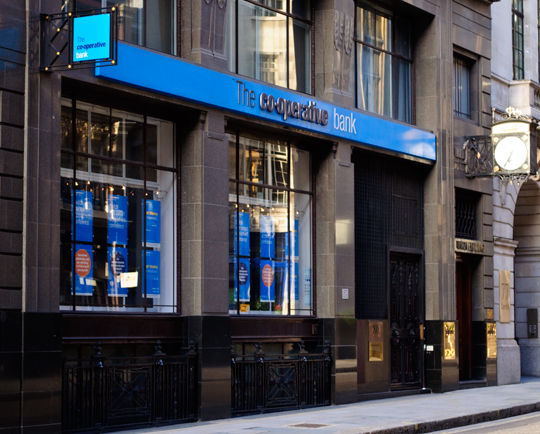Investing
Wednesday newspaper round-up: BoE, ENRC, Co-op Bank…

Osborne hits back after Mervyn King accuses No.10 of applying political pressure; Co-operative bank shareholders to block lender’s debt restructuring plans; ENRC boss warns staff of sell-off…
Chancellor George Osborne has hit back after Bank of England Governor Mervyn King said Downing Street had applied political pressure on behalf of banks, The Telegraph reported. Osborne defended anyone’s right to lobby for lighter regulation. He did not deny claims that he and Number 10 lobbied the central bank’s Prudential Regulation Authority at the directive of the banks.
The Chief Executive of Eurasian Natural Resources Corp. (ENRC) has warned staff that a plan to take the company private by a consortium of its founders and the Kazakh government could result in sale of large parts of the business, according to an internal memo seen by The Times. Some of the most controversial deals struck during ENRC’s listing in London could soon be unwound by the Kazakh miner.
Co-operative Bank bondholders are planning to hit back against the lender’s planned debt restructuring as they are outraged over the prospective £500m of losses they would have to foot. US law firm Brown Rudnick has been hired to represent the interests of some 800 small bondholders, people close to the situation told the Financial Times.
Consumer minister Jo Swinson is set to hold talks with lenders, regulators and debt charities on whether more regulation is needed, according to The Guardian. Payday lenders have been called to a government summit to discuss “widespread irresponsible lending” as the industry braces for an inquiry by the competition watchdog.
Italy is facing potential losses of billions of euros on derivatives contracts it restructured at the height of the eurozone crisis, according to a confidential report by the Rome Treasury. The Financial Times, which obtained the report, said it sheds more light on the financial tactics that enabled the debt-laden country to enter the euro in 1999 and details Italy’s debt transactions and exposure in the first half of 2012.